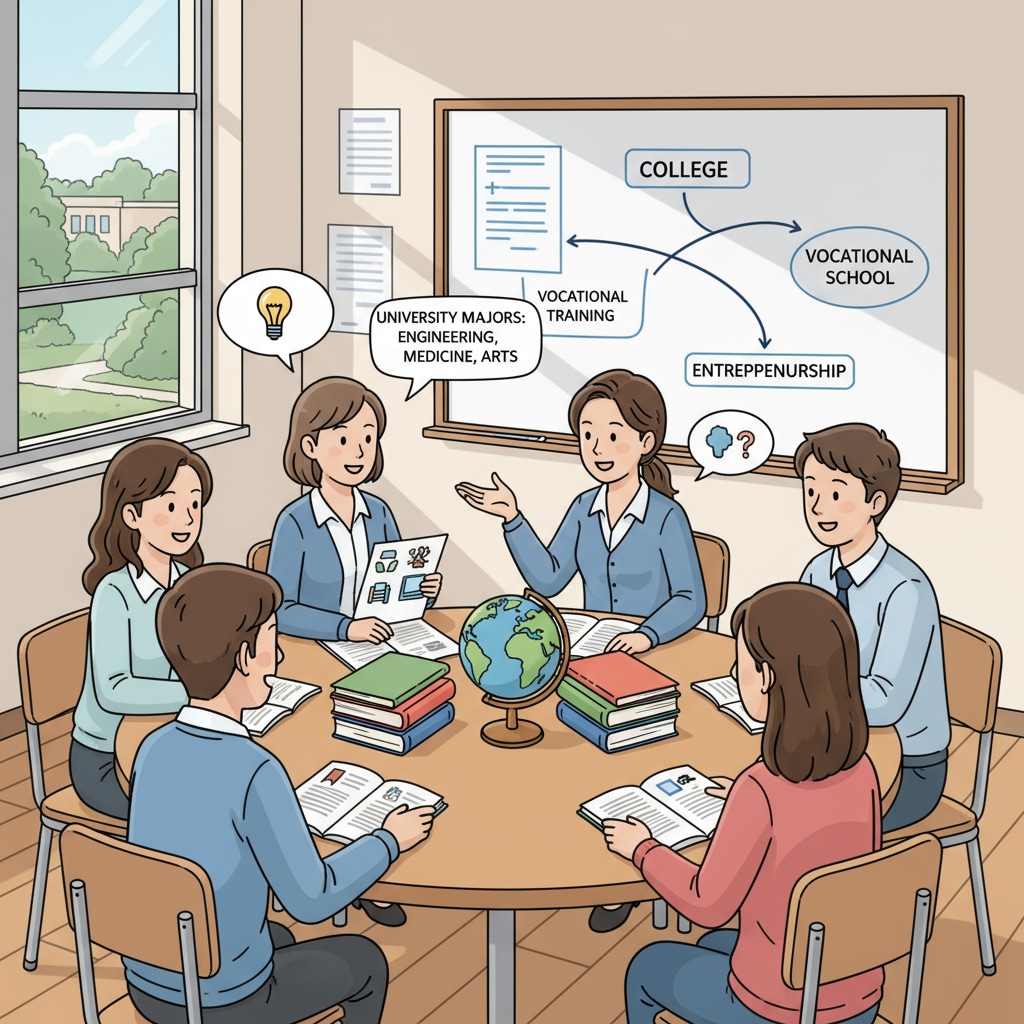Career choices, university majors, and employment prospects are crucial aspects that high school graduates grapple with. In today’s complex job market, the decision between pursuing a university education and enrolling in vocational training can be overwhelming. This article aims to shed light on this predicament and provide a practical framework for making informed decisions.

The Crossroads of Choice
Upon graduating from high school, students stand at a crossroads. The traditional path of attending university has long been seen as a ticket to a successful career. However, in recent years, the allure of vocational training has grown significantly. For example, a report by the Bureau of Labor Statistics Bureau of Labor Statistics shows that certain skilled trades are in high demand, offering attractive salaries and job stability. As a result, high school graduates are now faced with a difficult decision: should they opt for a university degree or pursue vocational training?

The Appeal of University Education
University education offers a broad range of benefits. Firstly, it provides a comprehensive academic foundation. Majoring in a specific field at university allows students to delve deep into theoretical knowledge and develop critical thinking skills. For instance, students majoring in engineering at a renowned university like Stanford Stanford University gain in-depth understanding of complex engineering principles. Secondly, a university degree often opens doors to a wider range of career opportunities. Many professional fields, such as law, medicine, and finance, require a bachelor’s degree or higher. In addition, the university environment fosters social and networking opportunities, which can be invaluable in future careers.
The Rise of Vocational Training
On the other hand, vocational training has its own advantages. It is more focused on practical skills and hands-on experience. For example, a student enrolled in a plumbing vocational program will spend a significant amount of time learning how to install and repair plumbing systems in real-world settings. This practical approach makes graduates of vocational training programs highly employable in their respective fields. Moreover, vocational training typically takes less time to complete compared to a university degree, allowing students to enter the workforce earlier. It also often comes with a lower cost, making it a more accessible option for some students.
Making the right decision between university education and vocational training requires careful consideration of personal interests, skills, and long-term career goals. High school graduates should not be afraid to explore different options and seek advice from career counselors, teachers, and professionals in the fields they are interested in. By doing so, they can navigate this crossroads successfully and embark on a fulfilling career path.
Readability guidance: This article uses short paragraphs and lists to summarize key points. Each H2 section provides relevant information in a clear manner. The proportion of passive voice and long sentences is controlled, and transition words are used throughout to enhance readability.


